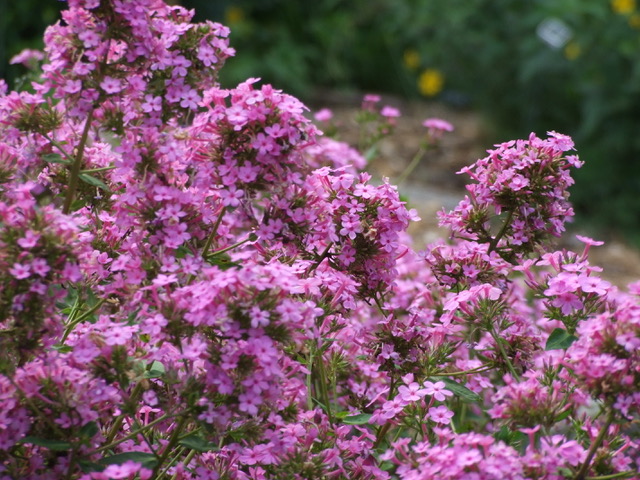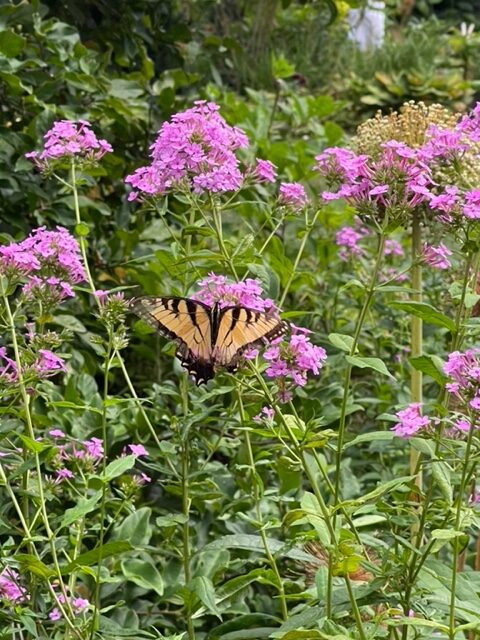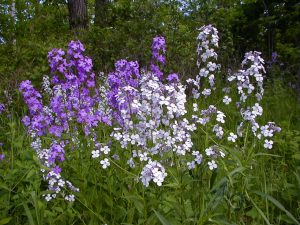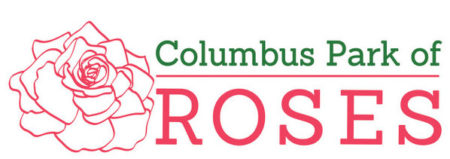Each year, the Perennial Plant Association announces its Perennial of the Year based on the following criteria:
- Suitability for a wide range of climate conditions
- Low-maintenance requirements
- Relative pest- and disease-resistance
- Ready availability in the year of promotion
- Multiple seasons of ornamental interest
This year’s selection is ‘Jeana,’ an exceptional garden phlox renowned for its impressive flower show, tall sturdy habit and pollinator-friendliness. Dense, domed flower heads crown stiff stems from midsummer to early fall. Individually, the fragrant lavender-pink flowers are smaller than typical garden phlox – only about half an inch wide – but the show at peak is stunning.

In trials, the nectar-rich flowers of ‘Jeana’ attracted more butterflies — Eastern Tiger Swallowtails were especially plentiful — than any other garden phlox in the study. Hummingbirds and other pollinators are also fans.

Topped with flowers, ‘Jeana’ can reach five feet tall and four feet wide; size will vary geographically. Its bright green leaves are highly resistant to powdery mildew, so ‘Jeana’ has a striking summer look with or without flowers. Like other phlox, ‘Jeana’ prefers moist, fertile, well-drained soils. Avoid dry conditions. Divide clumps every 3-5 years in spring. Deadheading promotes continued bloom and prevents self-seeding, which can produce inferior seedlings. Powdery mildew and spider mites can be foliage problems in hot or dry conditions. Thinning out stems to improve air circulation may guard against mildew. Deer and rabbits can be pests.
The Perennial Plant of the Year is a cultivar of Phlox paniculata, commonly known as garden phlox, which is a native perennial that grows wild in woodlands and open fields and on cliffs in all of the lower 48 states. About 500 cultivars have been developed over time. The Perennial Garden has had the garden phlox ‘David’ in the past. It is a white cultivar. It is probably time to infuse the garden with new garden phlox.
It is also worth noting that Dames Rocket (Hesperis matronalis) is often confused with garden phlox. It is a Eurasian biennial belonging to the mustard family. It was introduced to North America in the 1600’s and has naturalized itself in moist, wooded areas, but can also invade open areas. One easy way to tell the difference is that garden phlox has five petals while dames rocket has four. It is considered an invasive plant.

Tall garden phlox provide structure and color in summer gardens and are good bridging plants between early and later flowering perennials.
Sources: Perennial Plant Association, Ladybird Johnson Wildflower Center
